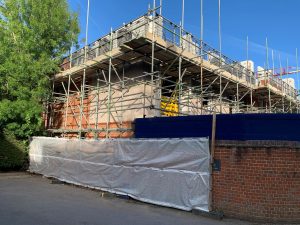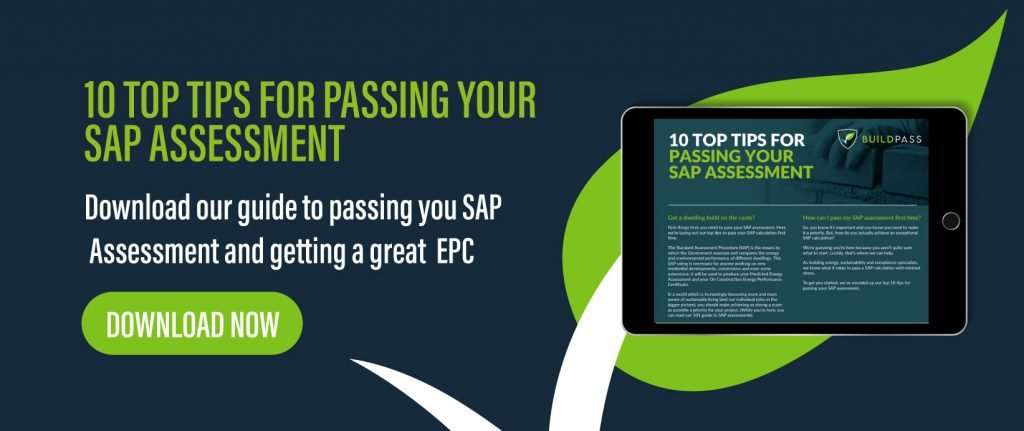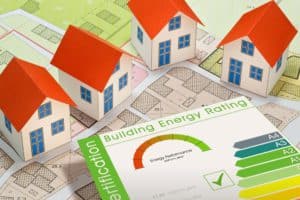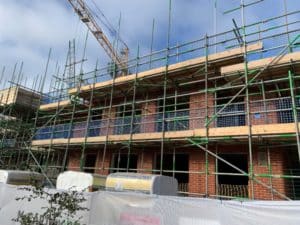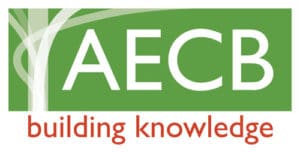What is a SAP Calculation?
SAP stands for Standard Assessment Procedure. You’ll need to provide these calculations if you’re building a new home or converting an existing building into a home. They measure the energy-related running costs of a home, and the assessments take into account heating, hot water, lighting and ventilation.
How are they calculated?
SAP is calculated using drawings and specifications at the design stage of a project. Once the project is completed, I finalise the assessment and provide ‘as built’ or ‘final’ stage SAP calculations. I can also undertake the air tightness test.
Why are SAP calculations required?
SAP calculations check that the building complies with Part L of Building Regulations. They also form part of the Energy Performance Certificate, and they help you understand how energy-efficient your building will be.
What else you might want to know…
I am an accredited SAP assessor. Over the years I’ve produced SAP calculations for all sorts of different buildings – from a one-off self-build ‘Passivhaus’ right through to large developments. And I don’t only do SAP calculations so that your building can get the necessary sign-offs; I can get involved right from the beginning to help you create an energy-efficient building with negligible running costs. Just get in touch and I can explain more.
Frequently asked question on sap calculations
How do I pass my SAP assessment?
There are many things you can do to improve your chances of passing your SAP assessment, including:
- Start the SAP process early
- Use low energy lighting
- Improve the fabric of your build
- Choose high thermal performance windows
- Ensure your building is airtight
- Avoid thermal bridging
- Install an efficient boiler
- Use renewable energy
We have pulled together more tips in this handy guide.
How do you calculate a SAP score?
SAP scores are calculated using drawings and specifications found at the design stage of a project. It considers everything from construction materials to the efficiency of your heating systems and any renewable energy technologies to give you a score from 1 – 100+. The score tells you how high your energy running costs are likely to be. Once the building is completed, this information will be used to finalise the SAP assessment and, consequently, to produce a Predicted Energy Assessment (PEA) and a Energy Performance Certificate (EPC).
What is the difference between SAP and EPC?
Your SAP calculation is the methodology behind your Energy Performance Certificate (EPC), and is essentially a thorough list of calculations to judge the overall performance of a building. The EPC is the proof of those calculations.
Who can perform a SAP test?
You will need an accredited SAP assessor to complete your SAP test. Here at Buildpass, we are qualified SAP assessors and have provided SAP calculations for all sorts of different buildings – from a one-off self-build ‘Passivhaus’ right through to large developments.
Why do I need a SAP test?
Building Regulations require that a SAP calculation and an EPC is submitted for new dwellings prior to the commencement of any work. SAP tests are an important way of proving your building complies with Part L of Building Regulations as they help you understand how energy-efficient your building could be.
Do I need a SAP calculation for my extension?
Not all extensions will need an SAP calculation. As long as any areas of new glazing account for no more than 25% of the new floor area (plus an allowance for existing windows that need to be removed) then you can carry on without an additional calculation.
However, there has been a considerable move towards extending houses as a means to bring in fresh, light and airy spaces – many of these will lean past the 25% allowance and, as such, will be required to complete a new SAP calculation.
You can read our full guide on SAP tests for extensions here.



